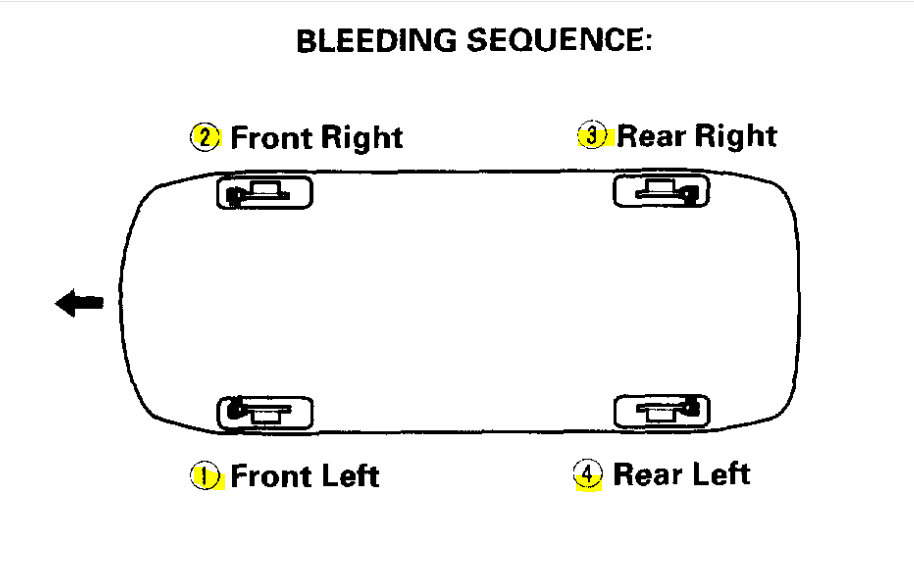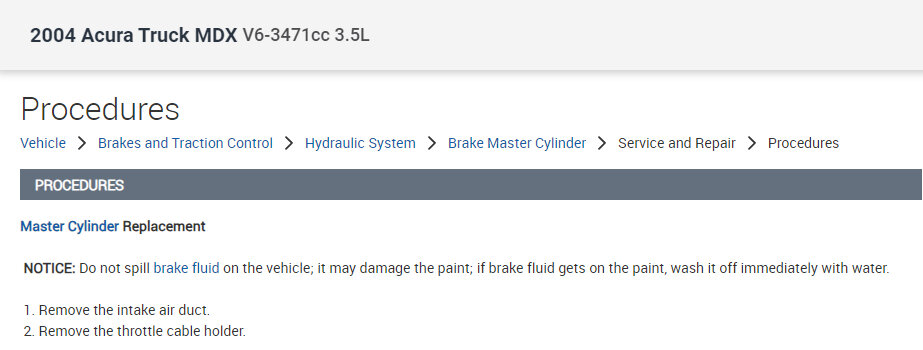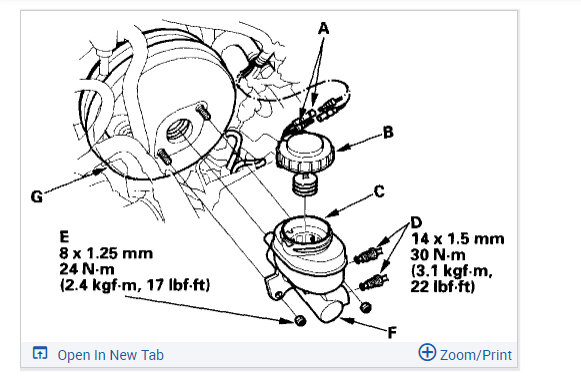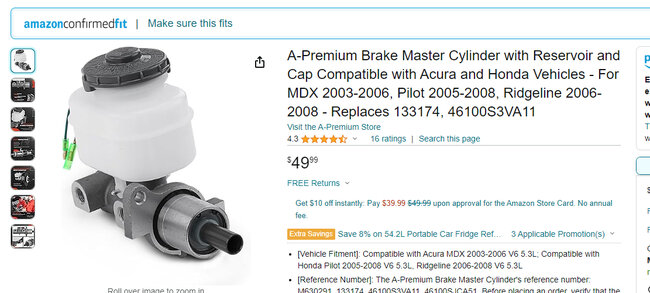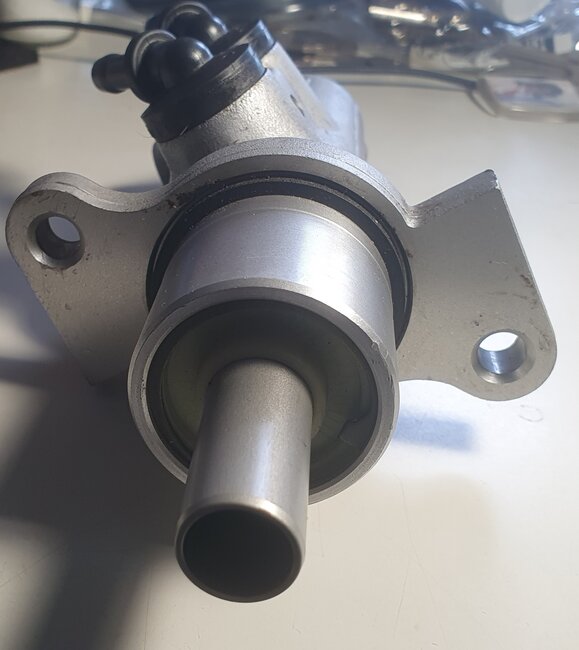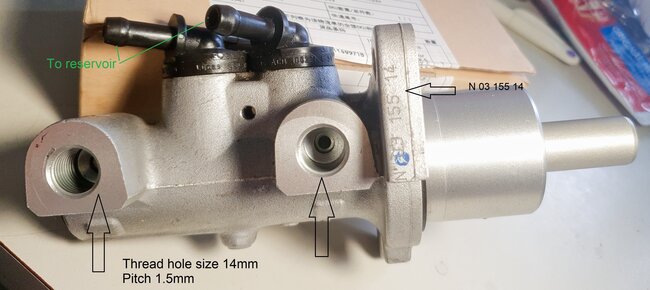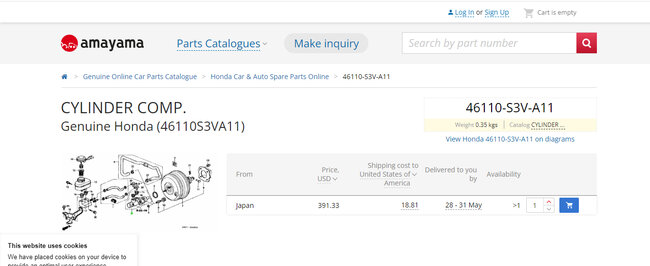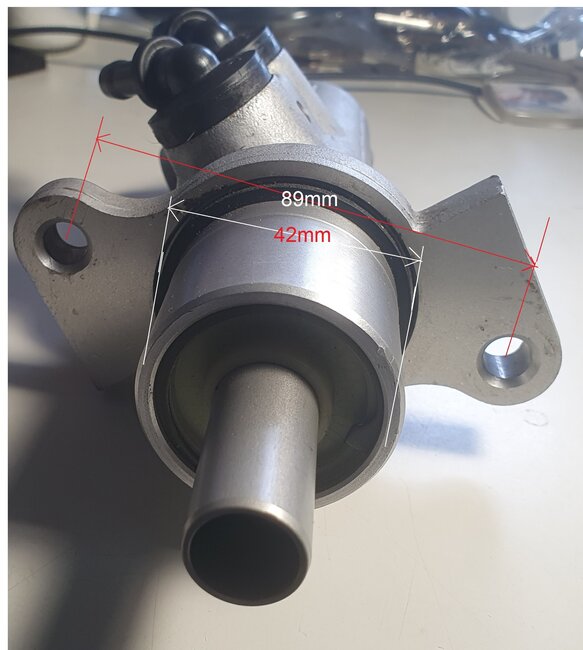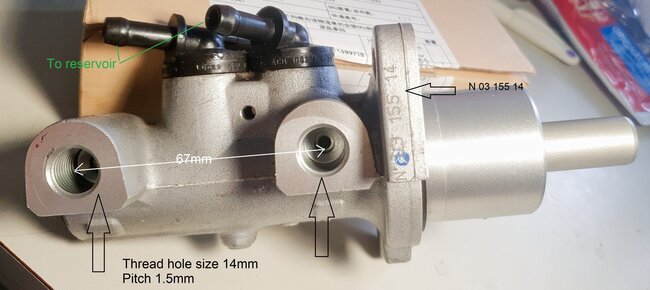After fixing the leak, the Master Cylinder (MC) was bench-bled before installation, and all four wheels were thoroughly bled. However, even though the brake pedal feels firm when the engine is off, as soon as the engine starts, a hissing sound occurs, and the brake pedal goes all the way to the floor.
While test-driving the vehicle at a speed of 100km/h, we observed that the brake stops the vehicle instantly when applied. However, after the stop, the brake pedal goes all the way to the floor without any resistance. In other words, the brake works when the pedal is pressed halfway down, and then it travels freely to the bottom.
No further fluid leak found anywhere in the system.
Before the leak, the vehicle's brake system was functioning well.
Initially, when I started to bleed the brakes, there was no fluid coming out. However, after driving the vehicle around in a large backyard and applying the brakes several times to activate the ABS, there was a lot of air in the fluid when I attempted to bleed the brakes again.
Do you think the air is still trapped in the system? Can you tell me what might be wrong?
Wednesday, April 10th, 2024 AT 6:22 PM
